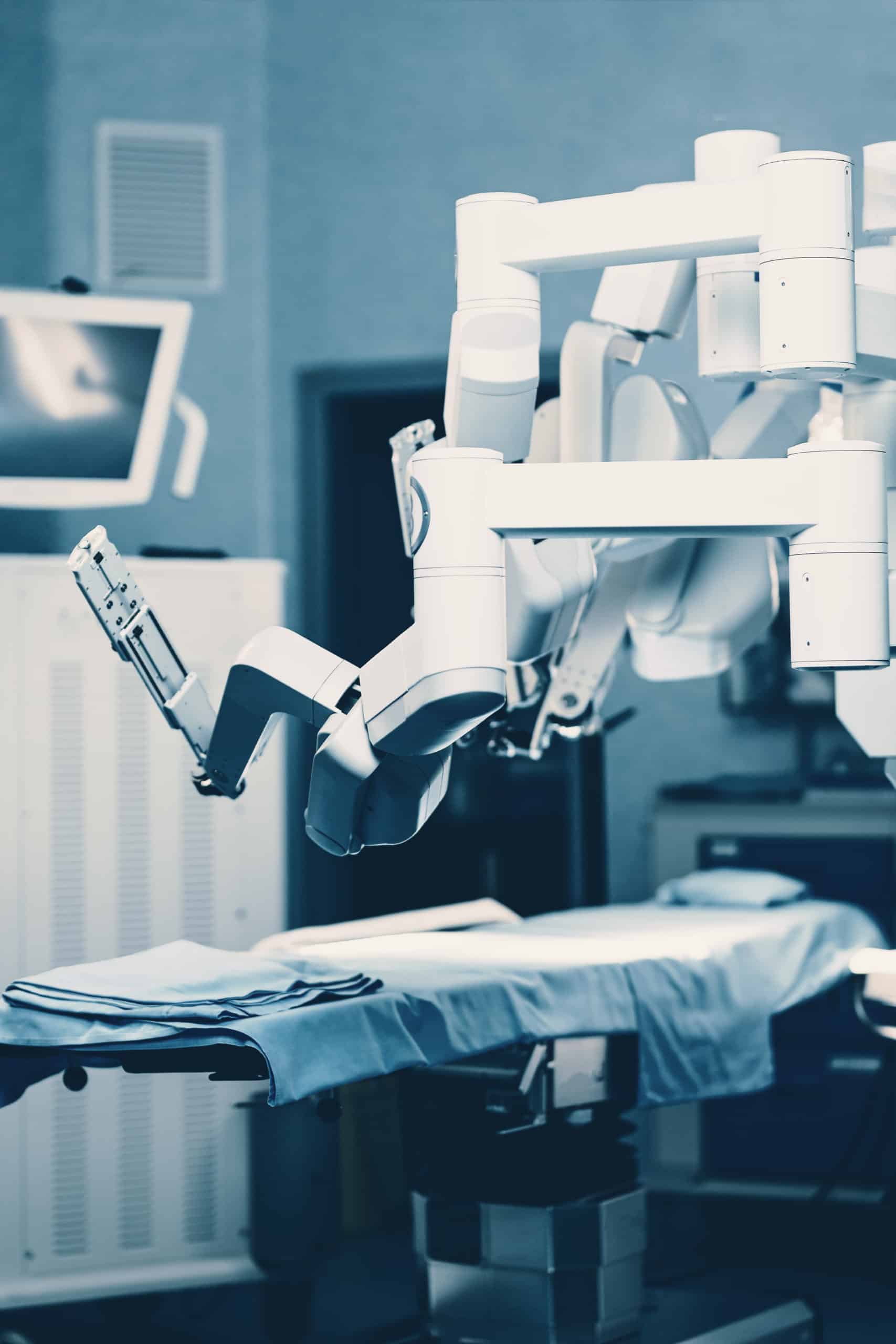
When you hear that you need colorectal surgery, it may be stressful or anxiety-inducing. However, with new advancements in surgical techniques and the adoption of robotic colorectal surgery, the risk of complications has decreased. At ACE Clinic, we offer robotic colorectal surgery to certain patients who may benefit the most from this procedure. Read on to learn more about this surgery and what to expect.
What is Robotic Surgery?
Robotic surgery is a minimally invasive option for colorectal surgery. It relies on the creation of small incisions, which can reduce the complication rates when compared with large incision or open surgery. However, robotic surgery is a more recent technique, so our team will only recommend this procedure when it will serve the patient’s best interests.
Colorectal surgery may be recommended for people with colon and rectal cancer, inflammatory bowel disease (IBD), diverticulitis, or rectal prolapse.
The Benefits of Robotic Surgery
Robotic surgery offers many benefits for the right candidates. These include less blood loss, shorter hospital stays, and quicker recovery time. This type of surgery also offers significant advantages when performing colorectal operations because the quality of imaging is much improved than that during traditional laparoscopy. It offers 3-D visualization, which allows the surgeon to view critical structures much better, resulting in improved outcomes.
What to Expect
Before your robotic colorectal surgery, our team will provide you with detailed instructions regarding how to best prepare for your procedure. You will need to consume a special solution to help you vacate your bowels to allow for easier access during surgery.
During surgery, your colorectal surgeon will use robotic arms aided by a high-definition camera feed to perform the operation. Across the room on an operating table, narrow robotic arms with small surgical tools and a small camera are inserted through small incisions in the patient’s abdomen. The surgeon has a fantastic, magnified view while sitting at the machine’s console, and can move the instruments precisely to perform the procedure.
Following surgery, you will be brought to a recovery room. Depending on a number of factors, your procedure may require a hospital stay. You will be given aftercare instructions to follow when you return home. While this type of surgery comes with less downtime than traditional surgery, you will still have to rest and stay hydrated.
Contact Us in Chandler Today
If you are interested in learning more and if you are a good candidate, contact Arizona Colorectal Experts today. We will be happy to schedule your appointment with Dr. Patel or Dr. Hakiman to discuss your treatment options.
ACE Clinic
ACE Clinic is proud to serve the communities of Chandler and Scottsdale, Arizona. We hope you’ll enjoy our comfortable, physician-owned practice dedicated to the highest level of patient care. Designed for your comfort and privacy, our facilities are welcoming and stocked to handle your care needs.


